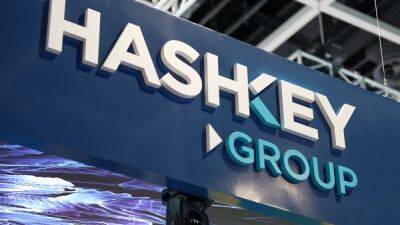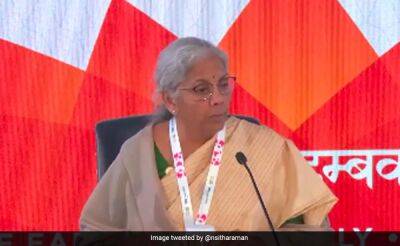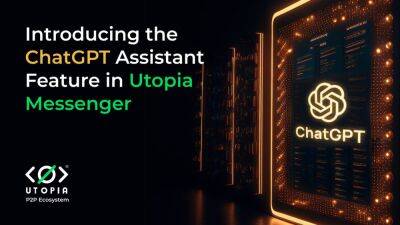OpenAI needs a DAO to manage ChatGPT
ChatGPT, a large language model that can converse with users, is one of OpenAI’s ground-breaking models. Although there are numerous advantages to this technology, some worry that it needs to be regulated in a way that ensures privacy, neutrality and decentralized knowledge. A decentralized autonomous organization (DAO) can be the solution to these issues.
Firstly, privacy is a major concern when it comes to the use of ChatGPT. In order to enhance its responses, the model gathers data from users — but this data may contain sensitive information that individuals may not want to divulge to a central authority. For instance, if a user discloses to ChatGPT their financial or medical history, this information may be kept and used in ways they did not expect or authorize. If the information is obtained by unauthorized parties, it may result in privacy violations or even identity theft.
Related: AI has a role to play in detecting fake NFTs
Furthermore, ChatGPT could be utilized for illicit activities such as phishing scamsor social engineering attacks. By mimicking a human discussion, ChatGPT could deceive users into disclosing private information or taking actions they wouldn’t ordinarily do. It is critical that OpenAI institute clear policies and procedures for managing and storing user data to allay these privacy worries. A DAO can make sure that the data gathered by ChatGPT is stored in a decentralized manner, where users have more control over their data and where it can only be accessed by authorized entities.
Secondly, there is a growing concern about political bias in artificial intelligence models, and ChatGPT is no exception. Some fear that when these models develop further, they could unintentionally reinforce
Read more on cointelegraph.com







